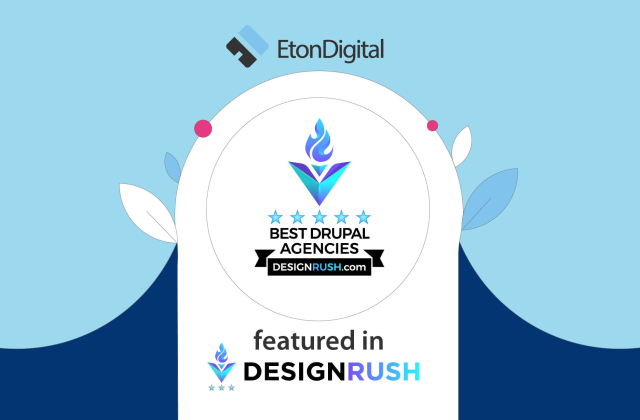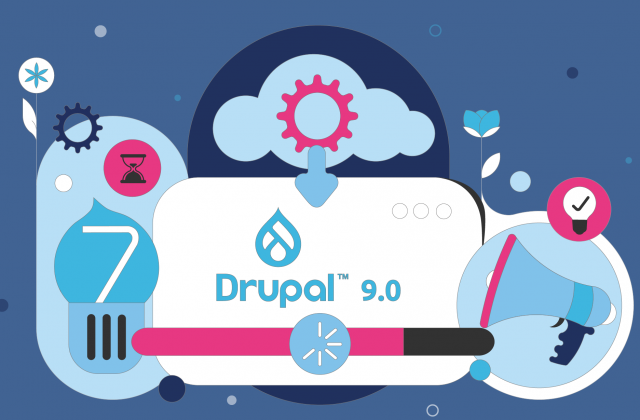The folks at Facebook have had a busy week. They began with announcing a forthcoming data portability product called Facebook Connect, (which marks the abandonment of their fundamental ‘walled garden’ approach to user data management) and then went on to ban Google’s own data portability service (Friend Connect) from their Facebook API, stating a violation of terms of use as the reason.
Some bloggers and commentators have been contemplating if this might mark a new phase in the development of social networking, with the earlier co-existence of the main players now giving way to a more open tug-of-war for market share. After all, new user uptake is slowing down, and one way for social networking sites to continue to grow will be to compete for the existing users of competitors…
Data portability is looking increasingly like a major front in this competition.
Question is; should Facebook’s ban of Google Friend Connect be seen as a statement of intent regarding future competition? Or simply an inevitable tactical ploy?
Well, put it this way; to have done otherwise would have been to allow certain aspects of their service to become tethered and reliant upon a Google service, allowing for an uncomfortable degree of infiltration by a competitor. Why allow developers to use a Google tool for Facebook apps when an own-brand similar Facebook device could be offered?
Ultimately the ban represents perfectly sensible self-defence from Facebook, giving them time to work on their own rival without being rushed by the need to counter Google’s permeation into its own product. Put simply, it should ensure Google does not succeed in filling a hole in Facebook’s territory that could be filled by a Facebook tool.
One thing is for sure; whatever happens in the data portability sector Google will benefit massively, not just from the success of their own Friend Connect, but also from that of the Myspace and Facebook rivals. The inevitable increase in web traffic, which will come with the new data portability services, will surely boost Google’s advertising revenues no end.
Luckily for us, the fierce competition for attracting both quality work from developers and new users should see some interesting innovation in this field over the coming months. Currently the social networking market still has room to grow, and it is unlikely the major players will be too concerned with pinching eachothers’ users for now. Inevitably though the rates of user growth will tail off somewhat – and it is then that we might see some fiercer competition. Judging by this week, the battle over data portability services, and the race to become the main central online data repository from which users port details to third-party sites, could yet prove a significant battleground.
Dejan Levi



